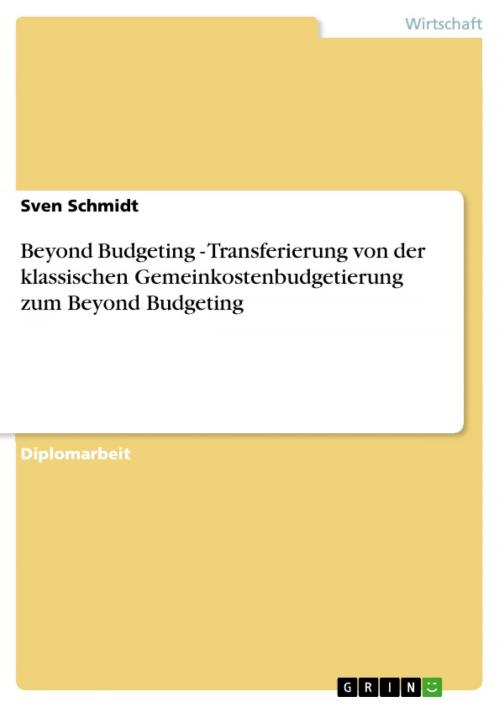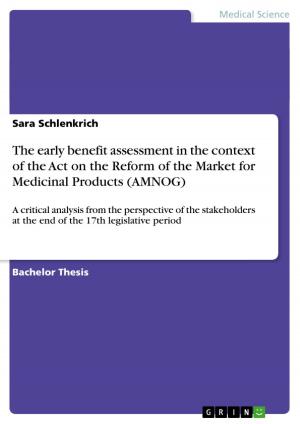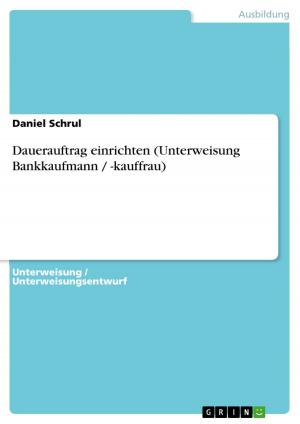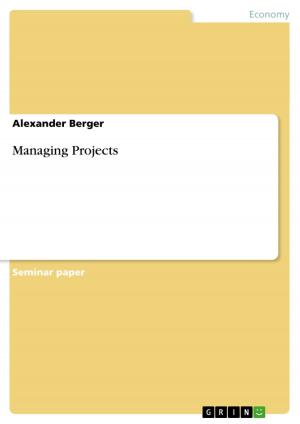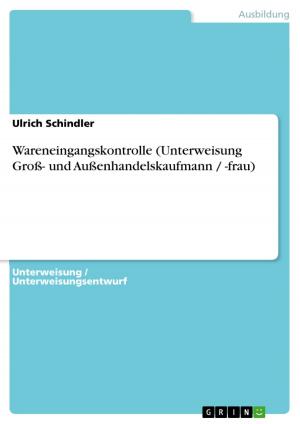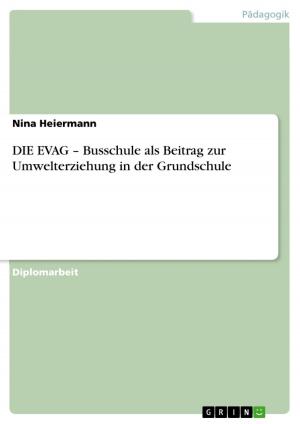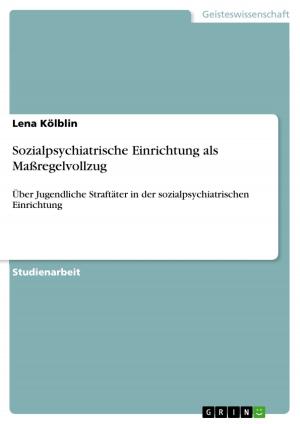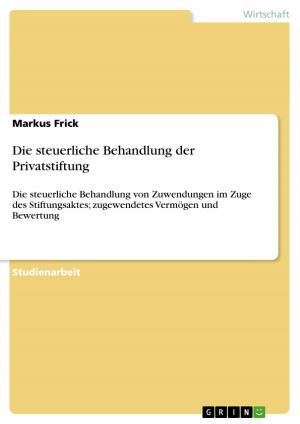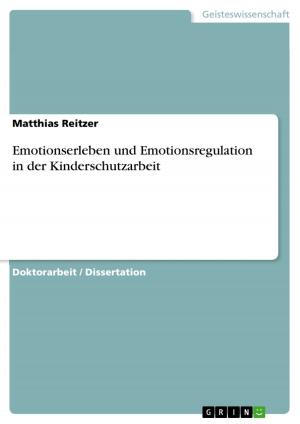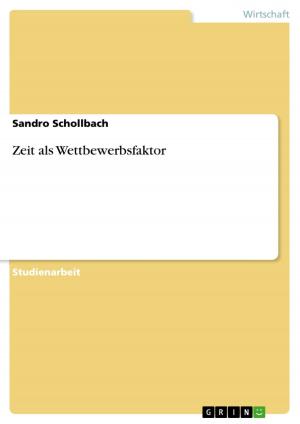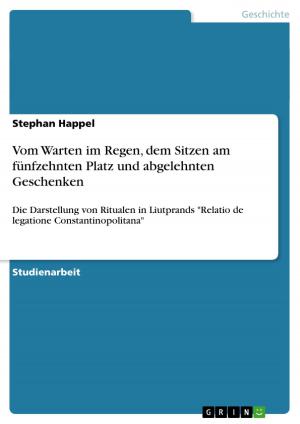Beyond Budgeting - Transferierung von der klassischen Gemeinkostenbudgetierung zum Beyond Budgeting
Transferierung von der klassischen Gemeinkostenbudgetierung zum Beyond Budgeting
Business & Finance, Accounting, Financial| Author: | Sven Schmidt | ISBN: | 9783638552615 |
| Publisher: | GRIN Verlag | Publication: | October 8, 2006 |
| Imprint: | GRIN Verlag | Language: | German |
| Author: | Sven Schmidt |
| ISBN: | 9783638552615 |
| Publisher: | GRIN Verlag |
| Publication: | October 8, 2006 |
| Imprint: | GRIN Verlag |
| Language: | German |
Diplomarbeit aus dem Jahr 2006 im Fachbereich BWL - Controlling, Note: 2.0, AKAD-Fachhochschule Pinneberg (ehem. Rendsburg), 87 Quellen im Literaturverzeichnis, Sprache: Deutsch, Abstract: Companies see themselves confronted by increasing complexity and dynamics within their own companies and in the companies-environment. Traditional budgeting evolved in the beginning of the 20th century in the USA. Nowadays, this requisite seems to be fulfilled only in a limited way due to the complexity of companies. Traditional budgeting has therefore been confronted by strong criticism for some time. The budgeting is regarded as being too time, energy and money consuming, as well as being an inflexible process. The management concept 'Beyond Budgeting' presents an alternative to the traditional budgeting. Beyond Budgeting stands for a model of control which does away with drawing up budgets. The concept's target is to realise a plan which is close to reality and meaningful. This is more orientated to relative targets, competition and less to fixed time periods. The thesis goal is to present the characteristics of traditional budgeting and Beyond Budgeting. It analyses the problem areas and values it. The thesis shows with the help of an own empirical study how the management assesses the problems of the traditional budgeting regarding the planning and controlling of the overheads. A possible transfer of Beyond Budgeting will be worked out and evaluated for a company department, based on the empirical study.
Diplomarbeit aus dem Jahr 2006 im Fachbereich BWL - Controlling, Note: 2.0, AKAD-Fachhochschule Pinneberg (ehem. Rendsburg), 87 Quellen im Literaturverzeichnis, Sprache: Deutsch, Abstract: Companies see themselves confronted by increasing complexity and dynamics within their own companies and in the companies-environment. Traditional budgeting evolved in the beginning of the 20th century in the USA. Nowadays, this requisite seems to be fulfilled only in a limited way due to the complexity of companies. Traditional budgeting has therefore been confronted by strong criticism for some time. The budgeting is regarded as being too time, energy and money consuming, as well as being an inflexible process. The management concept 'Beyond Budgeting' presents an alternative to the traditional budgeting. Beyond Budgeting stands for a model of control which does away with drawing up budgets. The concept's target is to realise a plan which is close to reality and meaningful. This is more orientated to relative targets, competition and less to fixed time periods. The thesis goal is to present the characteristics of traditional budgeting and Beyond Budgeting. It analyses the problem areas and values it. The thesis shows with the help of an own empirical study how the management assesses the problems of the traditional budgeting regarding the planning and controlling of the overheads. A possible transfer of Beyond Budgeting will be worked out and evaluated for a company department, based on the empirical study.
